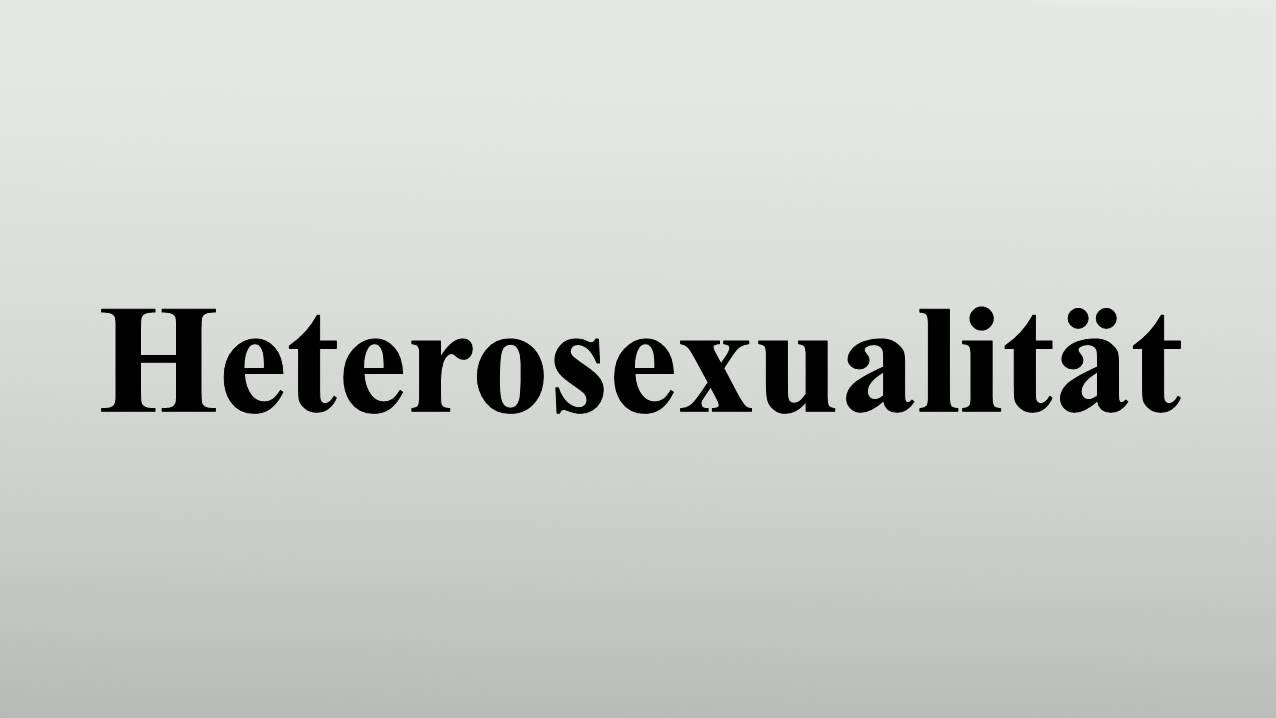Classical heterosexuality is based on the fact that there are only two sexes. A person who loves or desires women as a man or a woman who loves or desires men is considered heterosexual. Many still perceive heterosexuality as the only "norm", even in modern times. Yet there is now a whole range of sexual orientations that are definitely worth paying attention to - in part because they help so many people identify themselves and express their personalities to the outside world.
The word "heterosexual" is composed of two different Greek words. "Heteros" in German means something like "unequal". "Sexus" stands for gender. Accordingly, heterosexual people are with people who do not correspond to their own gender.
However, the word "heterosexual" can also be used to describe sexual acts between the two sexes in more detail. For example, "heterosexual sex" is often referred to in this context.
Heterosexuality as a norm?!

Most people in the world would state their sexual orientation as "heterosexual". Nevertheless, it is - also according to the opinion of many experts - highly discriminatory to speak of a "normality" here. Because: To call straight people "normal" includes, among other things, the statement that queer people are just not normal.
In the vast majority of countries today, heterosexual people have it much easier than homosexual people, especially if they conform to the cis norms established by society. Their sexual orientation is not questioned in the vast majority of cases.
In contrast, many people who are not heterosexual encounter great resistance. All of this means that many young people do not dare to come out to their parents (and the rest of society) as non-hetero.
Previously, only heterosexual couples were allowed to marry in Germany as well
It was not too long ago that even in Germany there were exclusively heterosexual couples were allowed to marry. With the introduction of marriage for all, however, that is exactly what has changed. However, in order for heterosexual and homosexual couples to continue to be equal in people's minds, a lot of educational work is still needed.
The foundation for what a person perceives as "normal" or "not normal" in this context is often laid in childhood. It makes a difference whether parents believe that it is perfectly natural to love people of the same sex or whether homophobic statements are often made within the family.
Do you choose to be heterosexual?
This question has already been scientifically examined, among other things, on the basis of many studies. Many people have already considered whether heterosexuality is innate or whether a person freely chooses his or her sexual orientation. Most scientists come in this context to the view that there are certainly some biological aspects that determine the sexual orientation of a person. Nevertheless, there is still no clear evidence as to what ultimately leads in detail to a person becoming heterosexual or homosexual, for example.
Of course, the influence of the environment should not be underestimated. A person who is brought up comparatively openly is much more likely to dare to come out than someone who keeps his sexual orientation secret from the rest of the world out of shame.
This means: A person does not decide at some point to be heterosexual or to live out another sexual orientation. But: Unfortunately, many people still feel compelled to keep their homosexuality a secret and appear to the outside world as heterosexuals.

The norm should be what feels right. No matter who you love, there are more than just men and women - you shouldn't forget that!